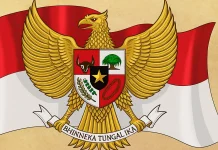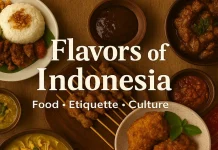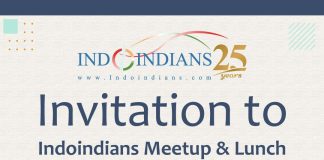Culture is rather like an iceberg; you can see a little of it, in the same way that you can see how we behave on the surface. But the biggest and most important part- our cultural values- are hidden below the surface. Values are all pervasive; vital to the way we operate in the world, yet largely unconscious and usually not articulated. We acquire them at a very early age and they become part of our make-up, our cultural software. These are the core of culture. Unless we make a real effort to see them from the outside, we don’t know what they are, or what effect they have on people from different cultures.
The culture of a group of people is first determined by the 4 F’s, i.e,
- Fashion,
- Food,
- Festivals and
- Folklore and heroes.
Any cultural festival is made up of performing arts, food festivals, clothes etc. These however are superficial and make up only the tip of the Culture Iceberg.
The deeper features of Culture include:
- Facial expressions
- Religious beliefs
- Religious rituals
- Importance of time
- Paintings
- Values
- Literature
- Child-raising beliefs
- Ideas about leadership
- Gestures
- Ideas about fairness
- Ideas about friendship
- Ideas about modesty
- Eating habits
- Understanding of the natural world
- Concept of self
- The importance of work
- Concept of beauty
- General world view
- Concept of personal space
- Rules of social etiquette
- Housing
Our values are always positive to us, and it’s extremely difficult to see them as negative. For example, Dutch people generally take for granted that directness is a good thing. If they think about it, they will usually ascribe to it positive values such as straightforwardness and honesty. This is fine, so long as the Dutch communicate amongst themselves. However, when Dutch and, for example, Japanese collaborators come together, something else is needed. For the Japanese, the positive cultural value is indirectness. Japan is a very high context culture, in which messages are covert and implicit, rather than overt and explicit. The result? Well, you could hit the cultural iceberg and sink.
The study of the varied nuances of the cultural background is important to all who operate in a multicultural field, be it education in International schools, expatriate businessmen, diplomatic personnel or just tourists. However, the not so visible features can be learned through collaboration with experienced colleagues and acquaintances. Living in a different country gives you the best learning environment.
The question then is – Are country specific road shows cultural exchange? and the answer is resounding Yes.
The 4 F’s definitely invite interest and this could develop into greater understanding and tolerance for the people from different nationalities.






